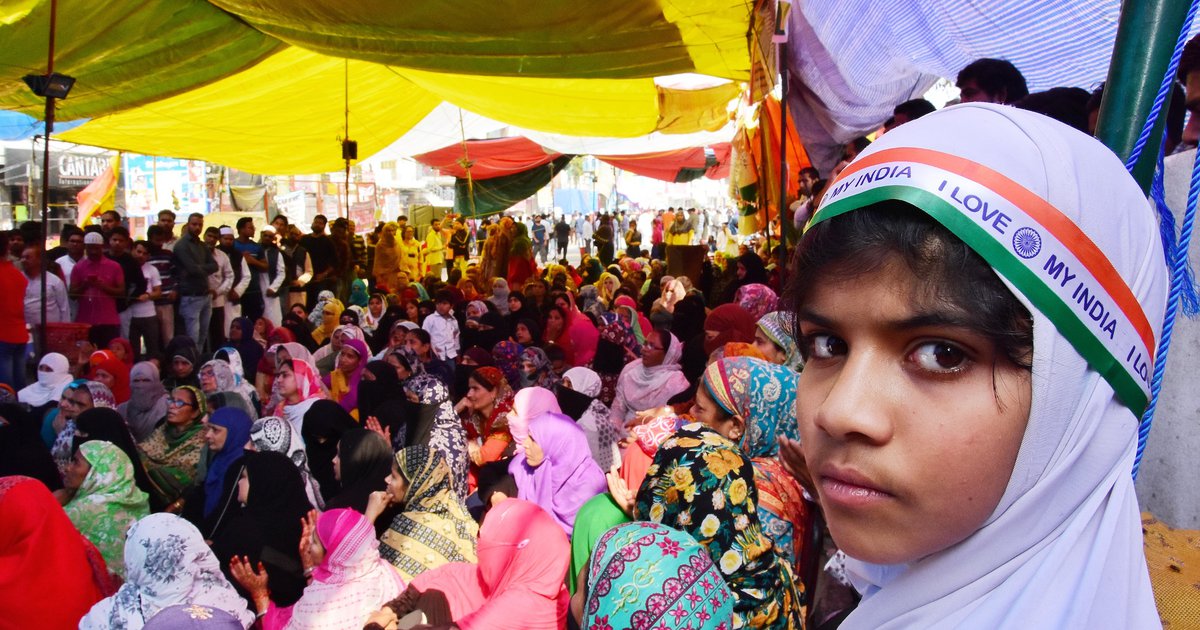
Community kitchens, similar to those after the Delhi pogroms of last month, become sites of caring. Through different modalities cooking ‘protest food’ defies the anti-poor, anti-democratic hierarchical socio-political order. The community created around the act of preparing food also poses a challenge to the atomist neoliberal society and provides an alternative way of living and sharing, not just for times of crisis but as a way of reorganizing social life.
Similarly, students and faculties of many of the universities and colleges across the country have engaged in producing hand sanitizers and soaps which could be distributed at a low cost or free to those who cannot afford to buy these at regular prices. In their individualness they are small acts of kindness, but when taken together and especially in a context where the state has not shown any initiative towards supplying such essentials to the poor, these are acts of resistance, acts of building solidarities against the inherent inequality of the neoliberal order.
Of course these are nebulous moments, uncertain as yet and spontaneous, often dependent on the initiative of disparate groups and it remains to be seen whether such moments, such initiatives can actually pave the way for a more organic basis of not just community organization but in fact the exercise of participatory democracy, of solidarity as a way of everyday living.
Earlier plagues
The Covid-19, deadly as it is, is not the first pandemic to have affected this country. The plague outbreak in 1898 illustrated how disease and policies around it are never just medical but are embedded within the politics of the socio-economic fabric of the country. Sarkar shows how the entire governance of the disease based itself on zeroing in on working class areas as ‘plague suspect’ areas. This in turn built resistance and various subversive ways to contest the demonization that saw Hindus and Muslims making common cause against intrusive police searches, the abusive colonial state policies violating their religious customs, social norms, humiliating women and destroying property. There was a critical questioning of the state underlying the resistance which rather than building itself on the negation of scientific methods, pointed out the state’s inaction in this direction.
In 1918 the Spanish flu locally called the Bombay Fever broke out, claiming 4 per cent of the total population of the country and accounting for a fifth of the global death toll. Laura Spinney argues that the pandemic was instrumental in uniting India against the British as it became clear that the medical infrastructure in India was in a shambles through the systematic way in which it had been ignored by the British. At great human cost, the pandemic provided a momentum to rebuild solidarity, to re-evaluate alliances.
PrintSupurna Bannerjee | Radio Free (2020-04-07T08:39:29+00:00) Community spaces in India: constructing solidarity in pandemic times?. Retrieved from https://www.radiofree.org/2020/04/07/community-spaces-in-india-constructing-solidarity-in-pandemic-times/
Please log in to upload a file.
There are no updates yet.
Click the Upload button above to add an update.